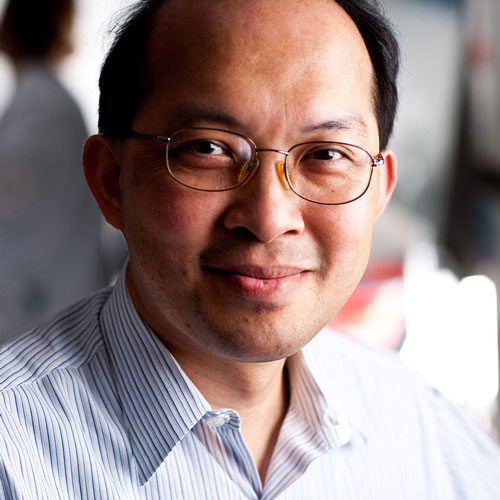The California Institute for Regenerative Medicine (CIRM) has awarded a $1.58 million grant to Huei-Sheng Vincent Chen, PhD, associate professor at Sanford-Burnham Medical Research Institute (Sanford-Burnham). Chen's proposal was one of 28 new projects funded as part of CIRM's Basic Biology IV awards program, which supports basic research aimed at increasing our understanding of stem cells and how to work with them. This new funding will allow Chen and his team to develop personalized models of inherited heart conditions using stem cells derived from patients' own skin cells. They will also use these models to develop new therapies.
"Most heart conditions that cause sudden death in young people--those under age 35--are caused by inherited genetic mutations. But doctors have a hard time treating these types of heart conditions because not much is known about how genetic mutations cause them and because they're usually diagnosed late in the disease process," Chen said. "At the moment, the only way to treat these inherited heart diseases is to implant a heart-shocking device to prevent sudden death. More frequently, however, no therapy is available to slow the disease's progression."
To help overcome these problems, Chen's team is using a special type of stem cell (called induced pluripotent stem cells or iPSCs) that are made from human skin cells--in this case skin cells from patients with genetic mutations affecting their hearts. These stem cells can then be used to generate unlimited numbers of heart cells that carry the person's unique genetic mutations. Using these patient-specific heart cells, Chen and colleagues plan to look for the causes of abnormalities that lead to clinical heart disease symptoms, heart failure, and sudden death.
In this newly funded project, Chen's team will generate more patient-specific stem cells from skin cells of heart disease patients who have similar clinical presentations but different underlying genetic mutations. With these new patient-specific stem cell models, they will be able to learn more about malfunctioning cellular networks and unravel common disease-causing mechanisms. The team will also use these models to develop novel, safer therapies for these diseases.
Commenting on the new Basic Biology IV awards in CIRM's press release, Pat Olson, PhD, executive director of Scientific Studies at CIRM, said, "This kind of basic research is essential to helping us answer some essential questions about stem cells. The knowledge we gain from these studies will ultimately inform other work and advance our understanding of the fundamental mechanism of stem cell biology, and move us ever closer to knowing how best to use stem cells to help patients."
